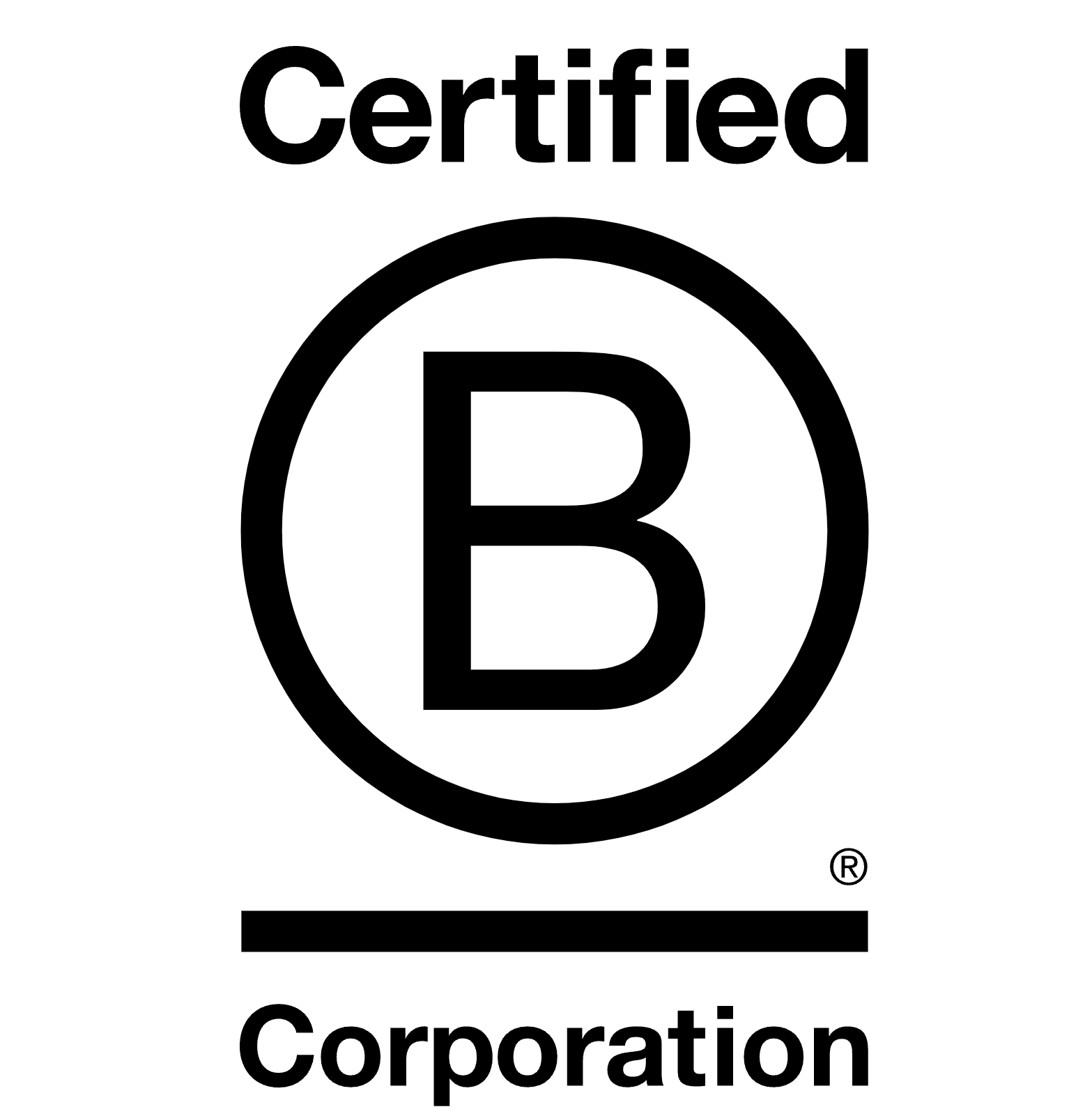How To Build A Successful Career In The Sustainability Sector
A step-by-step guide to starting and advancing in the field of sustainability
Sustainability has become a critical focus for individuals, organisations, and governments. As the need for sustainable practices continues to grow, so does the demand for professionals who can drive positive change in this field. If you are passionate about sustainability and want to build a successful career in this area, this step-by-step guide will provide you with the necessary insights and strategies to get started and advance in the field of sustainability.
Why choose a career in sustainability?
Sustainability plays a crucial role in addressing global challenges such as climate change, resource depletion, and social inequality. As a result, organisations across various industries are increasingly recognising the importance of integrating sustainability into their operations. This growing awareness has created a demand for sustainability professionals who can help drive sustainable practices and strategies.
Choosing a career in sustainability is not only a great way to actively do your part to save our planet, it’s a great career with a lot of opportunities. With a wide range of roles and an average salary in the UK of £37,500 according to Total Jobs, it’s a rewarding job all-round.
Assessing your passion and skills
To build a successful career in sustainability, it is essential to identify your specific interests within the field. Sustainability encompasses a wide range of areas, including renewable energy, waste management, sustainable agriculture, and sustainable urban planning, among others. By understanding your passions and aligning them with specific sustainability areas, you can focus your efforts and build expertise in those areas.
Additionally, evaluating your existing skills and knowledge is crucial. Consider your educational background, work experience, and any relevant skills you have acquired. This self-assessment will help you identify areas where you may need to gain additional knowledge or skills to excel in the field of sustainability.
Researching sustainability careers
Before diving into a sustainability career, it is essential to research and explore the various career paths available in this field. Sustainability professionals can work in a wide range of industries, including energy, construction, transportation, and consulting, among others. Understanding the job market and industry trends will help you identify the most promising career opportunities and tailor your career path accordingly.
Gaining relevant education and certifications
To enhance your knowledge and credibility in the field of sustainability, pursuing relevant education and certifications is crucial. Many universities offer degree programs in sustainability or related fields, providing a solid foundation of knowledge and skills. Additionally, specialised sustainability programs and courses can help you gain expertise in specific areas of sustainability.
Obtaining recognised certifications in sustainability can also boost your career prospects. Certifications such as LEED (Leadership in Energy and Environmental Design) or GRI (Global Reporting Initiative) demonstrate your commitment to sustainability and can make you stand out in a competitive job market.
Gaining practical experience
Practical experience is invaluable when building a career in sustainability. Volunteering for sustainability projects and organisations allows you to apply your knowledge and skills in real-world settings. It also provides an opportunity to network with professionals in the field and gain valuable insights.
Internships or working in sustainability-related roles can also provide hands-on experience and help you understand the practical challenges and opportunities in the field. Additionally, participating in sustainability-focused research or projects can showcase your ability to contribute to sustainable solutions.
Networking and building connections
Networking plays a crucial role in any career, and sustainability is no exception. Joining sustainability professional networks and organisations allows you to connect with like-minded individuals and stay updated on industry trends and opportunities. Attending industry conferences and events provides a platform to meet sustainability experts, potential mentors, and employers.
Building connections with sustainability professionals can open doors to job opportunities and collaborations. Engage in conversations, ask for advice, and seek mentorship to accelerate your career growth in sustainability.
Tailoring your resume and cover letter
When applying for sustainability positions, it is essential to tailor your resume and cover letter to highlight your relevant skills and experiences. Emphasise any sustainability-related coursework, projects, or achievements. Showcase your ability to analyse complex sustainability challenges, develop innovative solutions, and communicate effectively.
Quantify your achievements whenever possible, such as the impact of sustainability initiatives you have been involved in or the results of your sustainability projects. This will demonstrate your ability to drive tangible outcomes in the field of sustainability.
Nailing the interview
Preparing for sustainability interviews is crucial to make a positive impression on potential employers. Research common sustainability interview questions and practise your responses. Demonstrate your passion and commitment to sustainability by sharing personal stories and experiences that highlight your dedication to the field.
Highlight your problem-solving and critical thinking abilities, as these skills are highly valued in sustainability roles. Showcase your ability to analyse complex sustainability challenges, think creatively, and develop practical solutions.
Continuing professional development
To stay relevant and advance in the field of sustainability, it is essential to engage in ongoing learning and professional development. Stay updated with the latest sustainability practices and trends by reading industry publications, attending webinars, and participating in relevant workshops or courses.
Consider pursuing advanced degrees or certifications to deepen your knowledge and expertise in specific sustainability areas. Continuous learning and skill development will position you as a valuable asset in the sustainability field and open doors to new career opportunities.
Conclusion
Building a successful career in sustainability requires passion, dedication, and continuous learning. The field of sustainability offers a wide range of career opportunities and the potential to make a positive impact on the world. By following the steps outlined in this guide, you can take the first step towards your sustainability career journey and contribute to a more sustainable future.
GS2 have a range of sustainability roles available for all levels of experience. Browse our roles or get in touch with a sustainability recruitment expert to start your journey today.






